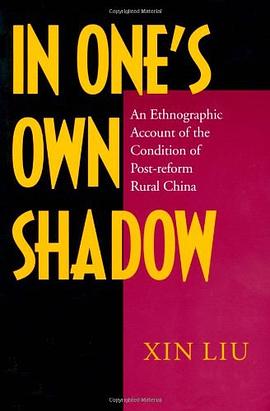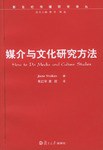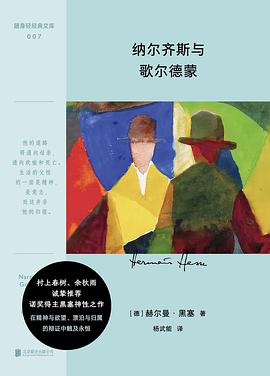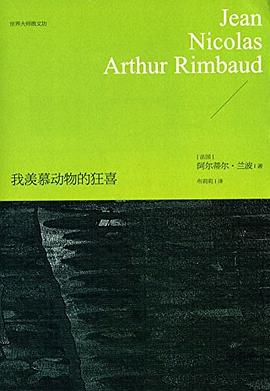In One's Own Shadow
内容简介
China underwent a dramatic social transformation in the last decade of the twentieth century. This powerful ethnographic study of one community focuses on the logic of everyday practice in post-reform rural China. Enriched with many vivid anecdotes describing life in the village of Zhaojiahe in northwestern China, In One's Own Shadow skillfully analyzes the changes and continuities marking the recent history of this region and highlights the broader implications for the way we understand Chinese modernity.
Liu's narrative provides a wonderfully evocative exploration of many domains of everyday life such as kinship and marriage traditions, food systems, ceremonial celebrations, social relations, and village politics. He brings to life many of the personalities and customs of Zhaojiahe as he presents the villagers' strategies to modernize in an environment of scarce resources and a discredited cultural heritage. This accessibly written ethnography will be an essential contribution to the anthropology of China.
......(更多)
作者简介
Xin Liu is Professor of Anthropology at the University of California, Berkeley.
......(更多)
目录
List of Illustrations ix
Preface xi
Notes on the Text xv
1. Exotic Familiarity 1
“Dead Brains” 1
Host and Hostage 16
Everyday Practice 20
Part One: The Culture of Predicament: The Uses of Confusion
2. Resisting Ideology 31
Kinship in Practice 31
Zijiawu: A Material Sense of Self 35
Yuanzi: Courtyard and Storage Economy 39
Yao: Domestication of Self 42
The Marriage Crisis 51
3. Marriage as a Mirror of Change 58
The Language of Marriage 60
The Marriage Process 62
Gift or Transaction? 66
Matchmaking 71
Bachelorhood and Divorce 75
4. Meaning and Eating 82
The Circle of Livelihood 83
Three Calendars 86
Food as a System of Signification 91
Articulation of Temporal Flows 99
Contents
Part Two: The Logic of Practice
5. The Practice of Everyday Life 109
Di¤erential Hospitality 109
Forms of Everyday Practice 113
6. The Pliable Emotions 131
“The Rites of Passage” 132
Weddings and Violence 143
Death and Entertainment 151
7. Immoral Politics 157
Land and Luck 157
The Significance of Social Connections 161
Stratification and Strategies 164
Socialist Education? 169
Conclusion: A History of the Future 180
“Immoral Economy” 181
The Arbitrary Combination of Cultural Forms 183
Notes 187
Glossary 211
Bibliography 217
Index 237
......(更多)
读书文摘
......(更多)






